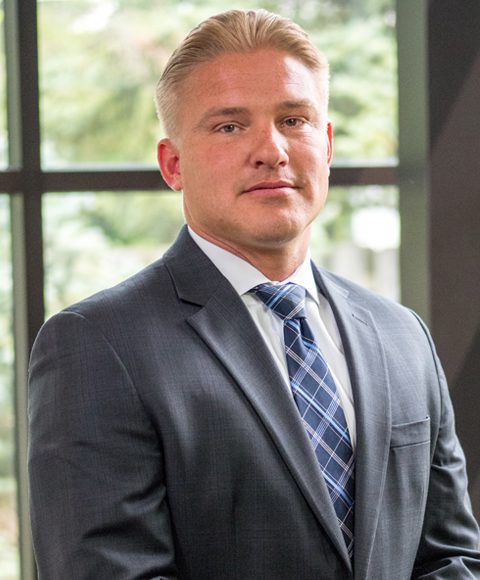During the final hours of America’s war in Vietnam, Air Force pilot H. John Markulis and his crew circled the U.S. embassy in Saigon aboard an Air Force AC-130 gunship, protecting U.S. personnel from advancing enemy troops and crowds at the compound’s gates.
That was April 1975. Just another day among many in a three decades-long, often risky career of military service. Prior to piloting dangerous missions over Indochina, Markulis had flown directly into hurricanes stateside with the Air Force’s 53rd Weather Reconnaissance Squadron. After the war, he continued re-enlisting until the mid-1990s.
But here we are, deep into the next century, and the government and country Markulis (these days Col., USAF Ret.) defended so diligently is returning that devotion—to date, at least—in a pretty slipshod way. Despite a clear mandate from Congress, and years of failed effort, Markulis somehow cannot get official paymasters to approve his family for the Survivor Benefit Plan, a benefit they appear very much to be owed.
Under SBP, current military members and veterans can offer financial protection to their families through this crucial Defense Department-managed death benefit. A participant pays into SBP, selects eligible beneficiaries, and—in the event of the participant’s passing—those beneficiaries will subsequently receive an annuity.
When he retired from the service, Markulis named permitted family members as beneficiaries. But then he lost his first wife to illness not long after he left active duty, and, years later, his children—under SBP’s rules—aged out of eligibility for the program. As is the case for many other similarly situated, retired service members, the logical next step down the road might be to assign a new beneficiary to receive the benefit—here, Markulis’ second wife. And, for over a decade, that is exactly what the retired airman has sought to do.
But the government—whether we’re speaking of Congress or the Defense Finance Accounting Service, the agency that administers SBP—did not facilitate this for him, and just does not make this seemingly obvious and necessary option easy to do.
Indeed, practically speaking, for Markulis and an indeterminate number of others it has proven impossible, according to Anthony Kuhn, the Air Force vet’s attorney and managing partner with federal employee specialist firm Tully Rinckey’s Buffalo, N.Y., office.
Literally for decades, Kuhn told Government Executive, officials routinely have failed to inform service members adequately about SBP in the first place, nevermind the fact that participants can elect new beneficiaries within one year of a qualifying event such as marriage to a new spouse. Instead, Kuhn said, the federal government has offered only empty promises to schedule periodic open seasons permitting participants to reselect new beneficiaries outside of those deadlines.
Finally last December Congress passed a National Defense Authorization Act that included language explicitly requiring DOD to implement an open season for SBP—one that is now underway, and runs through Dec. 31 of this year.
“Some service members have waited decades for this open season,” Kuhn told Government Executive. “Now, when you retire from the service these days, you go through a briefing on this—and I think they are a little more detailed on SBP in those briefings now, because there have been so many past injustices related to the program.”
Kuhn said that although some retired military are likely succeeding in being permitted under the open season to make new elections for their SBP beneficiaries, his firm alone is representing “several” clients like Markulis who continue to be either outright denied or given an impossible runaround. In Markulis’ case, DFAS continues to mistakenly count him as already “participating,” in other words having made an irrevocable election in the program. And Kuhn said he is confident there are others who have so far fallen through cracks in the program.
“I’ve been trying to get my wife into the plan,” Markulis told Government Executive. “But they wouldn’t let me. I was told then that I could get her into the SBP as soon as there was an open season, if I wanted to.”
“Well, it just didn’t happen, you know? I mean—I got out of the service, my wife died, my two children aged out. I married again in 2008, and tried to get into the SBP,” he said. “I was told I just had to wait till the open season—and for many years there just never was one. So I contacted Tully Rinckey, and [Kuhn] did a lot of work for me for many years on this, all to no avail. And here we are—in the open season—and they are still telling me I’m not eligible!”
Kuhn has been corresponding on the issue with Markulis’ congress member, Rep. Nick Langworthy, R-N.Y.
“Frankly, if [representatives in Congress] are not willing to step in when agencies like DFAS ignore congressional Intent, why should anybody waste their time asking for help? Why should anybody follow rules or laws passed by Congress?” Kuhn wrote in a recent letter to Langworthy’s office requesting help in the matter. “These veterans are turning to Congress to enforce its intent.”





